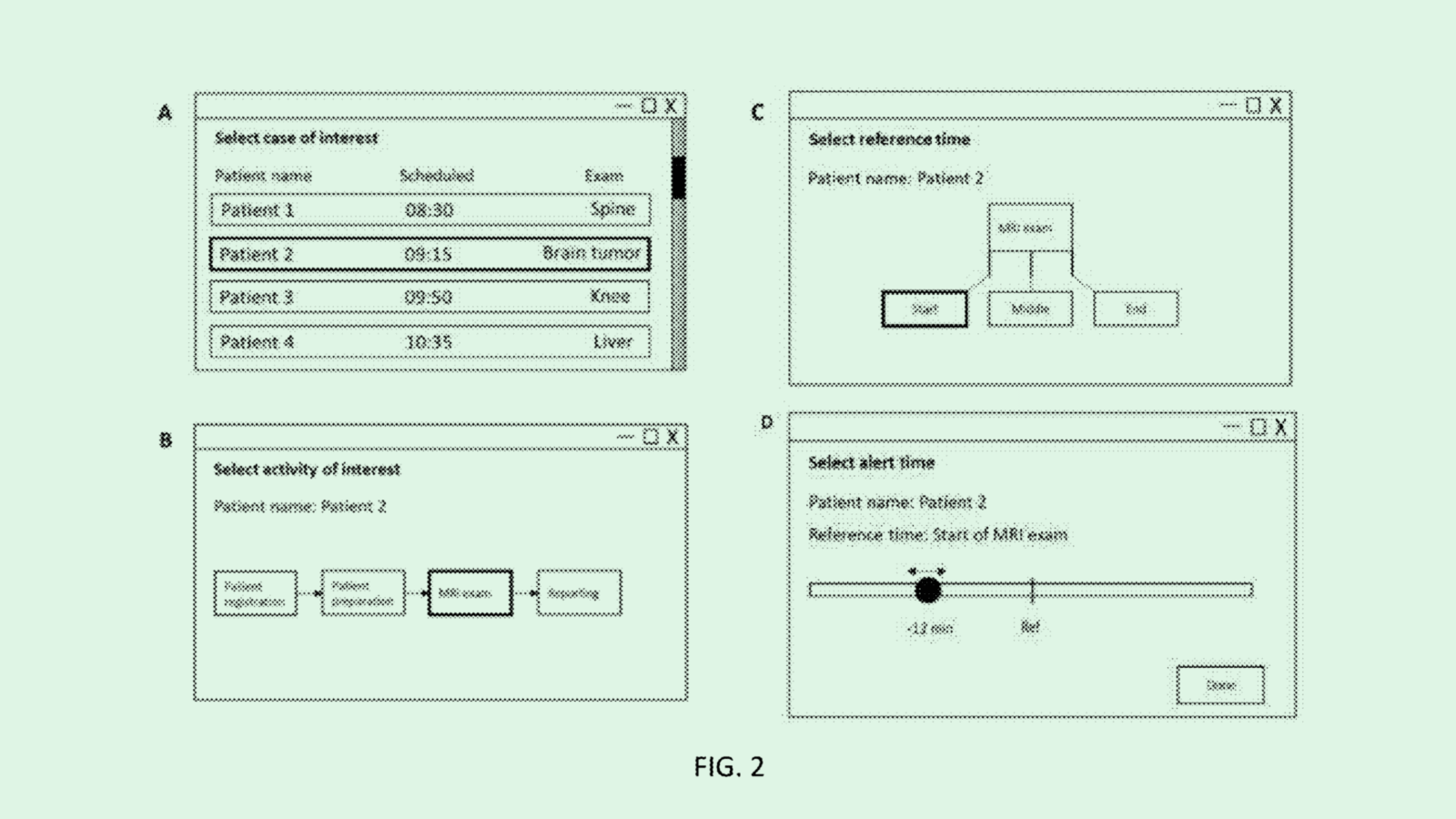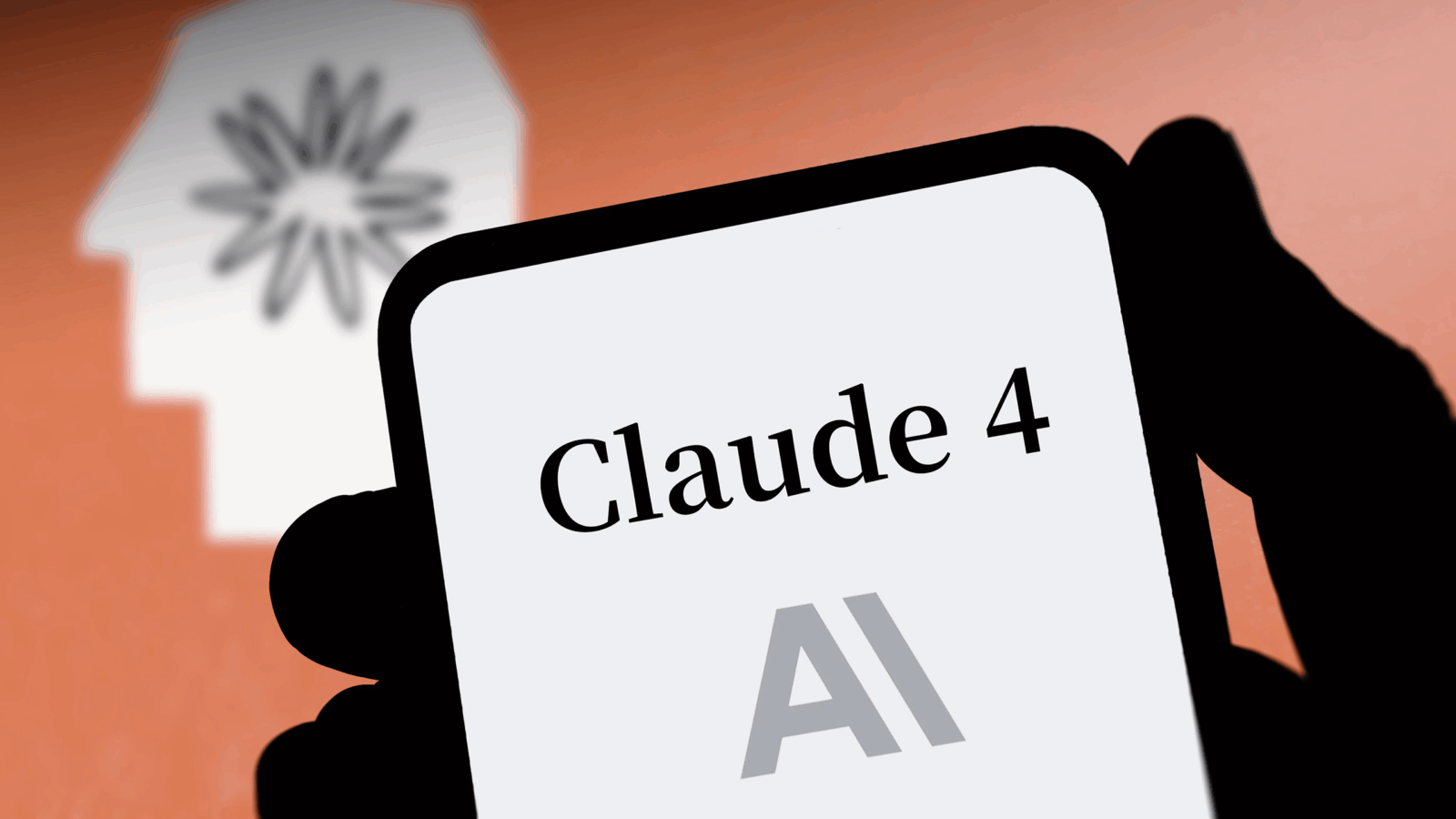Meta Turns to an Old Strategy to Boost New AI Business
Meta debuted the latest version of Llama, its large-language model. Unlike rival ChatGPT, Llama is open source.
Sign up for smart news, insights, and analysis on the biggest financial stories of the day.
There’s OpenAI and then there’s open-source AI. The first is Sam Altman’s growing empire. The second is Zuck’s play.
On Tuesday, the tech giant formerly known as Facebook debuted the latest version of Llama, its large-language model (LLM). The catch? Unlike rival ChatGPT, Llama is open source, meaning the underlying tech will be available for the public to use for free… for now, at least. It’s a textbook Mark Zuckerberg gambit, and one that sets Meta apart from its chief competition in the AI space.
Zucking the Trend
By all accounts, Llama 3.1 is the biggest and best open-source AI model ever created — about on par with OpenAI’s GPT-4o and Anthropic’s Claude 3.5 Sonnet, Meta claims. And, in an open letter published on Meta’s blog Tuesday, Zuckerberg argues that making it open source is essentially philanthropic: “open source AI represents the world’s best shot at harnessing this technology to create the greatest economic opportunity and security for everyone.” Most importantly, of course, it might just be the greatest economic opportunity ever for Meta, a company that’s had its share of big ones.
By going the open-source route, Meta is explicitly trying to turn Llama into the Linux system of the AI age (Linux is the bedrock open-source code underlying just about everything in the tech-verse, from cloud computing to smartphone operating systems). Essentially, Meta wants everyone — from Big Tech competitors to startups to firms outside of tech — to use and rely on Llama’s open-source code to develop new tools and LLMs of their own. But just because it’s free (requiring users only to adhere to an “acceptable use policy”) doesn’t mean there’s no financial upside for Meta:
- First and foremost, by making Llama open source, Meta can potentially grab significant market share while kneecapping the business model of rivals who offer closed-source models at a premium. OpenAI, for instance, says it is on track to cross $2 billion in revenue this year, in part by selling Enterprise packages to businesses.
- It also opens the door for Meta to employ one of the tech industry’s most time-tested business strategies: fostering a massive ecosystem of developers and users by offering a free product, and then layering in various paid-for products and services.
Still, return on investment may be years and years away; Meta reported billions in costs to develop Llama in its latest earnings call.
Turing Test: Experts, meanwhile, are somewhat split on the safety of open-sourcing AI models. Turing Award winner and outspoken former Googler Geoffrey Hinton told Wired that “cyber criminals everywhere will be delighted.” On the other hand, Dan Hendrycks, director of the Center for AI Safety, says it’ll allow third parties to conduct much-needed AI safety research.












